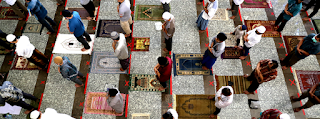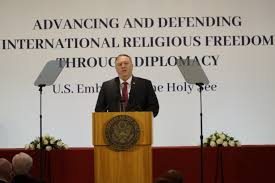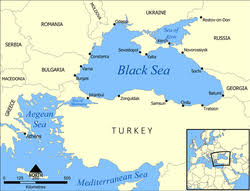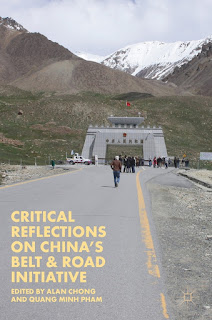The Qatar World Cup: Dreaming of Bridging the Gulf Rift

By James M. Dorsey With the 2022 World Cup in Qatar only two years away, and a resolution of the three-year-old Gulf rift nowhere in sight, government officials, soccer governance executives, and pundits are playing with the notion that the tournament could serve as an icebreaker in the dispute between Qatar and its detractors, Saudi Arabia, the United Arab Emirates (UAE), and Bahrain. It is a notion that is grounded in the long-standing illusion that soccer can drive events and in and of itself build bridges, even if parties are unwilling or unable to negotiate a resolution of their differences. Sports in general and soccer in particular have only built political bridges in environments in which sports was just one node in a far broader, politically enabled process that sought to engineer a rapprochement. Perhaps the most obvious example of this was US–Chinese ping pong diplomacy in the early 1970s that helped engineer a thaw in relations between Washington and Beijing. M





